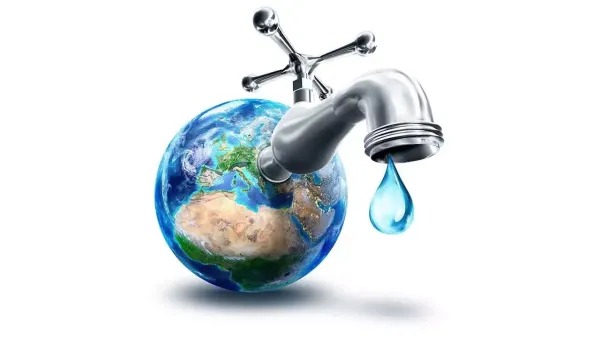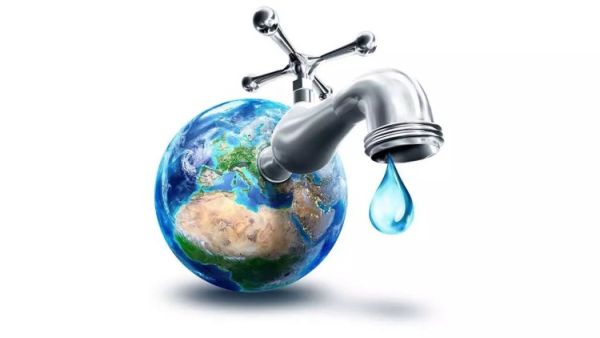
With a population of over 1.4 billion, India is experiencing a serious water problem that is endangering its everyday life, businesses, and agriculture. The nation is fighting to guarantee a sustainable water supply for its people due to fluctuating monsoons, declining groundwater levels, and rising demand. In order to avoid a disastrous future, this situation requires immediate attention and long-term remedies.

Ironically, a nation that was previously endowed with copious groundwater and powerful rivers is now facing water shortages. Rivers are becoming smaller and water bodies are disappearing as a result of encroachments and rapid urbanization. Additionally, many rivers have grown very polluted as a result of years of ineffective governance and a lack of citizen accountability, since sewage and industrial waste are being released into the environment without enough regulatory monitoring.
Groundwater depletion has been made worse by climate change, deforestation, and the commercialization of water supplies. Although the issue has reached a critical point, it is still solvable with cooperation from the public and the government. It is important to understand that the government is not the only entity responsible for maintaining water sustainability. The future is gloomy if present patterns continue; therefore, citizens must also take proactive measures to save water and reduce waste.
To solve this dilemma, technology must be used wisely. Traditional water management methods should be combined with AI-driven irrigation systems, desalination plants, wastewater treatment facilities, and satellite-based groundwater mapping. Important actions include restoring step wells, building rainwater collection systems, carrying out watershed health projects like pond rejuvenation, and putting effective water management techniques into place. Furthermore, if properly designed and implemented, river interconnection may provide a sustainable remedy for local water scarcity.
Smart water management technologies, such as wastewater recycling and treatment facilities, should be implemented by industries such as pharmaceuticals and power production units. The government must make sure that untreated sewage is not dumped into waterways and implement strict wastewater treatment laws.
To encourage water conservation and efficiency, policy changes are also required. Rainwater harvesting incentives, stringent wastewater recycling regulations, and the implementation of all-encompassing water conservation programs have to be given top priority. Political parties need to address important problems that impact the public, including water security, and go beyond electoral politics. Even though March 22 was declared World Water Day, neither Parliament nor the media gave the subject any attention.
This lack of conversation has to end. In order to ensure a sustainable future for India, water conservation is an urgent problem that calls for both short-term solutions and long-term planning, as well as the shared duty of all stakeholders. India may endeavor to secure its water future and guarantee a resilient environment for future generations by putting sustainable water management methods into place, enhancing infrastructure, and increasing awareness.